Tata Capital > Blog > What’s Trending > Finance Minister’s Announcements on Relief Measures over Coronavirus lockdown
India went into a 21-day lockdown starting from midnight, March 24, 2020, as an endeavor to halt the spread of coronavirus. To bolster the country’s economy that is staggering under the deadly outbreak, the government has decided to undertake specific relief measures. In a media briefing, Finance Minister Nirmala Sitharaman announced the steps that the government has decided to take for the same. Let’s have a look:

Additional Read:- Key Takeaways from Prime Minister’s Corona Virus Combat Speech
Additional Read:- List of Coronavirus Testing Centres in India
Sitharaman also allayed further concerns of a fiscal slowdown by declaring that the government will soon bring an economic package to safeguard the nation against the Covid-19 pandemic. In the middle of the coronavirus scare and the people’s growing unease, these announcements brought a much-needed reprieve.
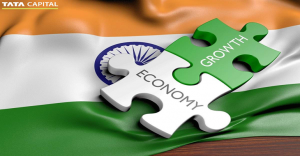
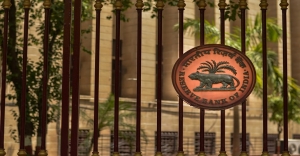
What Should you Know About RBI’s Liquidity Measures for NBFCs?
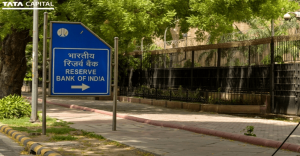
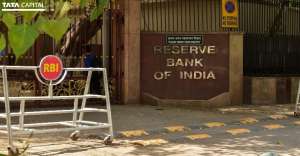
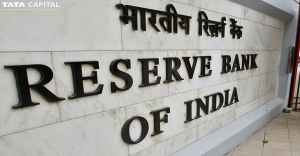
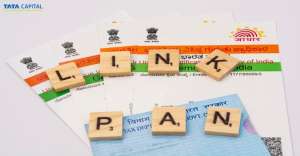
Here’s Why You Should Link PAN With Aadhaar Before 31st March

Key Points to Consider While Applying for Loan Restructuring

Everything you need to know about RBI’s Loan Structuring Scheme

RBI Press Conference on Monetary Relief Measures in the Time of COVID-19: Key Takeaways

Finance Minister’s Announcements on Relief Measures over Coronavirus lockdown